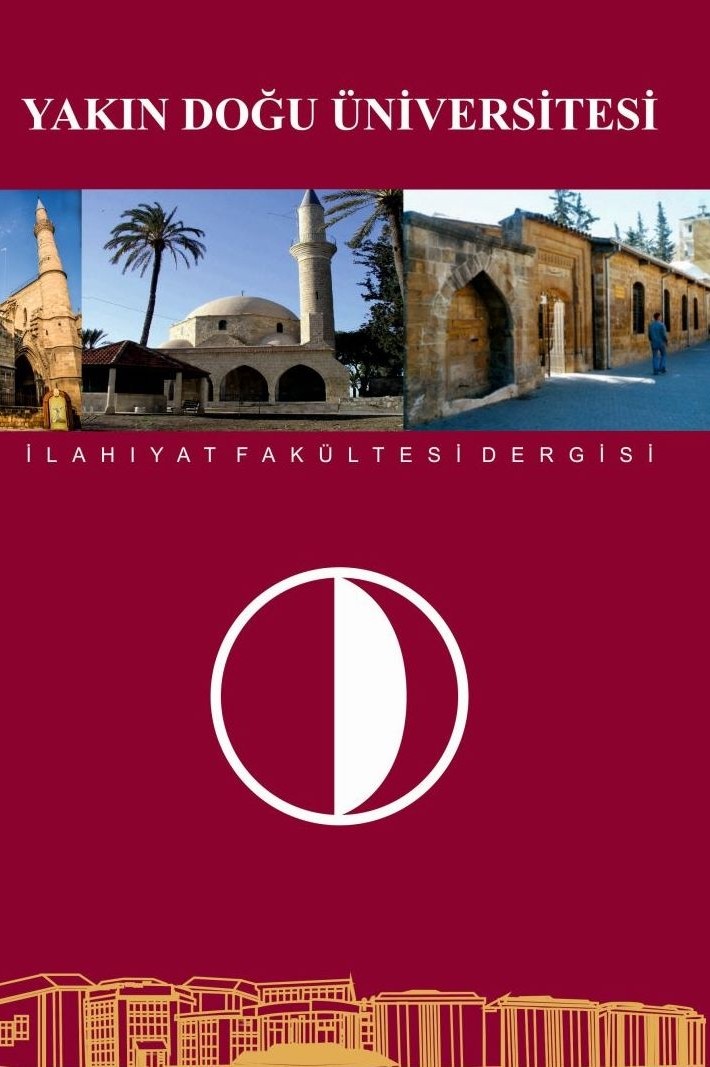
Yakın Doğu Üniversitesi İlahiyat Fakültesi Dergisi
Yazarlar: ["Nadir KARAKUŞ"]
Konular:-
DOI:10.32955/neu.ilaf.2023.9.1.05
Anahtar Kelimeler:İslâm Tarihi,Haçlı Seferleri,Ambargo,Mısır,Müslümanlar
Özet: Since the ancient times of history, arms embargoes have manifested themselves in different aspects. During the Caliph Omar period, the export of strategically important military equipment such as horses and weapons, and the enslaved prisoners of war, to enemy countries was prohibited, and a more effective struggle against the Sassanids and Byzantium was taken as a basis. In addition, Greguvar/Grejuva fire, which was found by Byzantium, has been the most important defense and attack power of the empire for centuries as an important weapon, and has become a deterrent against its enemies. Let alone selling this important weapon, even its compositions have been kept like a divine secret. During the Crusades, arms embargoes showed themselves with a different front. Popes began to call for an arms embargo after Urfa was taken from the Franks by Imadeddin Zangi in 1144 and Jerusalem by Saladin in 1187. These calls continued with the new successes and victories of the Muslims, causing the popes to ban trade with Egypt and to impose an embargo on the sale of weapons. In addition to the Crusaders in the East, representatives of the knightly orders also played a role in prompting the Papacy to make such a call. We can remember Roger de Les Moulins (1177-1187), the grand master of the Hospitalier knighthood, who was helpless against Saladin in this process. Pope III in 1179. The great master, who met with Aleksander, asked for more effective decisions to be taken in order to fight against Saladin, and demanded an arms embargo on Muslims. The sale of weapons raw materials, which are generally supplied from the West, such as iron, timber and pitch, which Muslims greatly need, were prohibited, and those who did not comply were threatened with excommunication. In the later process, prohibitions and embargoes were realized due to the quests of the papacy to gain power, as well as the disasters experienced. The popes, whose reputation was damaged especially by the fourth Crusade and later the Crusades against the Christians, tried to breathe with the new Crusade calls they would organize on Syria and Egypt. Meanwhile, the German emperors, who could not reconcile with the papacy, were also involved in the process and became the material of the arms embargo. Besides the Papacy, the great masters of the knightly sect, who lost their gains in the East after 1291, were also interested in the economic and arms embargoes to be applied to Egypt, and they aimed to profit from this process. However, it was seen that their main aim was relations of interest, and the Knights Templar, who demanded large amounts of receivables from the King of France, were destroyed by torture. The main addressees of these calls are Italian merchant states such as Genoa, Venice and Pisa. The Italians, who did not pay enough attention to these calls against the threats of sanction and excommunication of the Papacy, showed that they were after money rather than holy by not complying with the call for embargo. Merchants like Marino Sanudo of Venice, who showed that the expeditions were power and gains rather than holy ones, defended the rights of their own nation and tried to cover up these goals under the name of arms embargoes and sanctions against Muslims. Marino Sanodo, in his work Secreta Fidelium Crucis (Conditiones Terrae Sanctae), which he wrote between 1300-1321, claimed that the East could be weakened by imposing an economic embargo on Egypt. In this work he wrote, he also tried to rediscover the Holy Land, made extraordinary efforts to raise a new Crusader spirit and wanted a strong navy to be prepared in this regard. The fact that the Venetians would reap the real fruits of this navy and the new commercial gains of its own nation, Venice, revealed the true intention of Sanudo. This process also showed that in the calls for embargo of the Papacy and Crusaders, interests and economic gains lie rather than sacred.